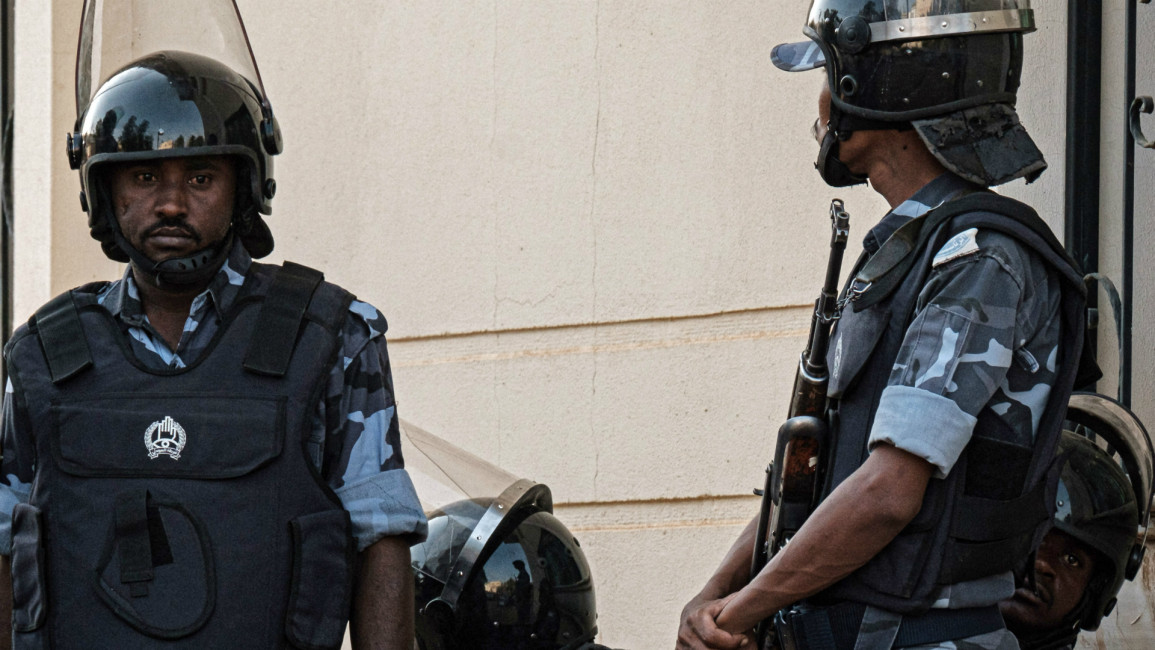The heavy security deployment comes as Sudan marks a year since tens of thousands of protesters gathered in a sprawling sit-in outside the military building in Khartoum to demand Bashir's ouster.
The street pressure prompted the country's military command to remove the veteran leader on April 11 last year, ending his 30-year rule.
On Sunday, local media reported rumours of a "coup" plot against the transitional government, which came to power months after Bashir's removal.
Sudan's military denied the claims.
"There is no indications or suspicions of a coup among the armed forces," said army spokesman Amer Mohamed al-Hassan.
Soldiers and armoured vehicles were stationed around the military headquarters, while surrounding streets were closed with concrete blocks and barbed wire, an AFP correspondent reported.
Government spokesman Faisal Salih said on state television that the cabinet held an emergency meeting over reports of "movements" by members of Bashir's defunct National Congress Party.
The protest camp calling for Bashir's resignation remained for weeks after his ouster, demanding a transition to civilian rule.
It was dispersed on June 3 by armed men in military fatigues, with scores killed and wounded in the ensuing days-long crackdown.
Doctors linked to the protest movement have said at least 128 people died in the violence. Authorities gave a lower death toll of at least 87 and denied ordering the sit-in dispersal.
In August, military generals and protest leaders signed a deal putting a civilian-majority ruling body in charge of steering the country through a three-year transitional period.
Follow us on Facebook, Twitter and Instagram to stay connected



